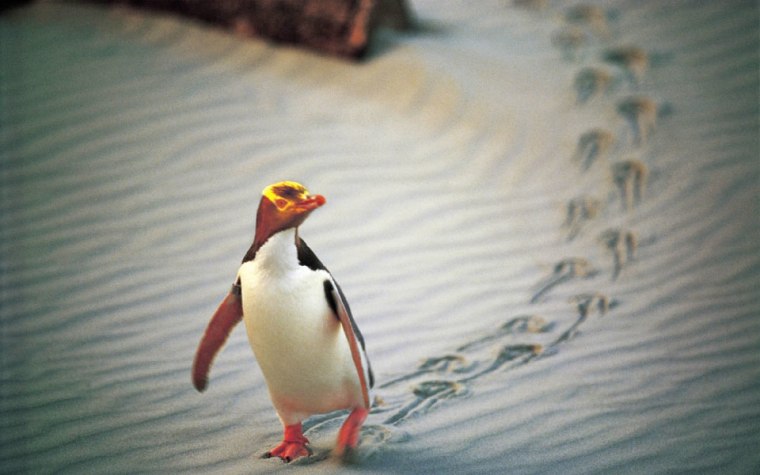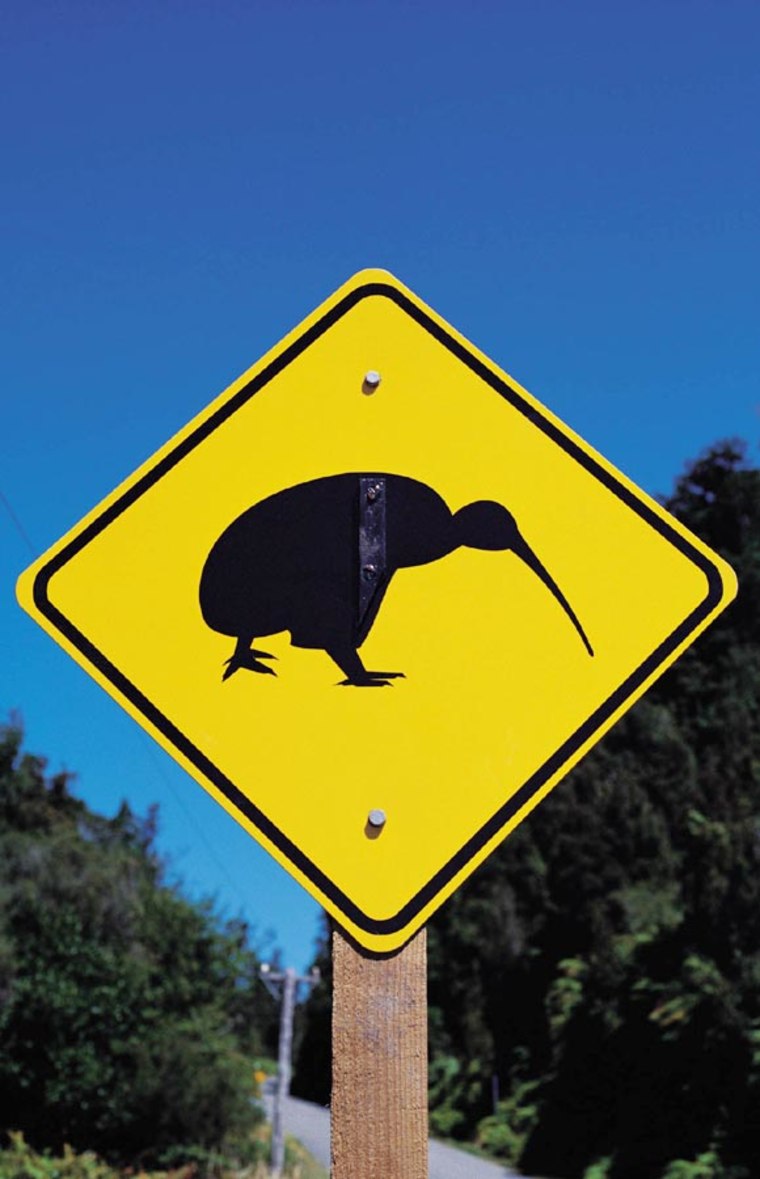Hobbits, orcs and wizards are helping draw so many tourists to New Zealand that travelers are about to vanquish dairy farmers as New Zealand's number one export earners, authorities say.
The runaway success of local director Peter Jackson's "Lord of the Rings" trilogy, with its panoramas of pristine New Zealand wilderness, combined with the country's image as a safe haven from the world's troubles, have turned this remote South Pacific nation of 4 million into a must-see location for millions of travelers each year.
Dairy farming has been the nation's main foreign exchange earner for 50 years but is about to be knocked off the top spot by tourist earnings, which are counted as export income.
Strong growth of about 8 percent is expected to lift traveler arrivals to a 12-month figure of 2.2 million by midyear, making the sector the nation's biggest earner, Tourism New Zealand Chief Executive George Hickton told The Associated Press.
“New Zealand is carving itself out a niche and has become a hot destination,” Hickton said, with all its main markets, except Japan, providing growth.
The Frodo factor

Its popularity has soared in recent years on the back of the “Rings” films and is expected to rise again, after the last installment won 11 Oscars. Research shows one in 10 tourists say they are attracted to New Zealand partly because of the films.
Independent economic forecast group, the New Zealand Institute for Economic Research, said this week that tourism would be the export sector's “star” over the next two years, while other exports struggle with a rising New Zealand dollar.
The institute said tourism would continue its strong performance because of expected world economic growth, increased airline seat capacity to New Zealand and “recent high international exposure” from the Oscars won by “The Lord of the Rings: The Return of the King.”
In the year to June 30, 2002, the latest figures available, New Zealand's dairy industry earned 7 billion New Zealand dollars (US$4.8 billion) for exports of everything from butter to high-tech products like casein, used as "glue" for hamburger patties.
In the year ending September 2003, foreign tourism earned $NZ6.4 billion (US$4.4 billion) and has been growing strongly since.
Currently, tourism generates nearly 10 percent of the country's gross domestic product, provides one in 11 jobs and supports more than 15,000 businesses.
Move over Australia
Hickton said being remote from trouble spots and having a “clean, green” image is attracting visitors who are doing more things while in the country.
“There's a lot more to see and do in New Zealand now ... and people are more inclined to holiday in New Zealand only, than to move on to Australia,” Hickton said.
The agency was working on annual tourist growth of 8 percent for 2004, “and if we don't have any international upset with viruses or terrorism, we certainly see continued strong growth in all our international markets.”
Natural resources
However, the government must ensure that tourism doesn't damage the pristine environment that draws many of the tourists.
Tourism Minister Mark Burton told a conference recently the industry needs to strike “a balance between managing the impacts of tourism on the environments of our unique nation, and reaping its potential economic benefits.”
That balancing act is highlighted by a dispute on South Island over plans to build a 12.6-kilometer (7.9-mile) cable car to carry tourists on a 35-minute journey from the alpine resort town Queenstown above forests of the World Heritage-listed park to a picturesque fjord that draws ten of thousands of visitors each year.
Federated Mountain Clubs' president John Wilson warned that the cable car — which would slash travel times to Milford Sound and reduce traffic on the single road leading to the fjord — would “completely destroy” the “fragile sub-alpine environment” within Fiordland National Park.
